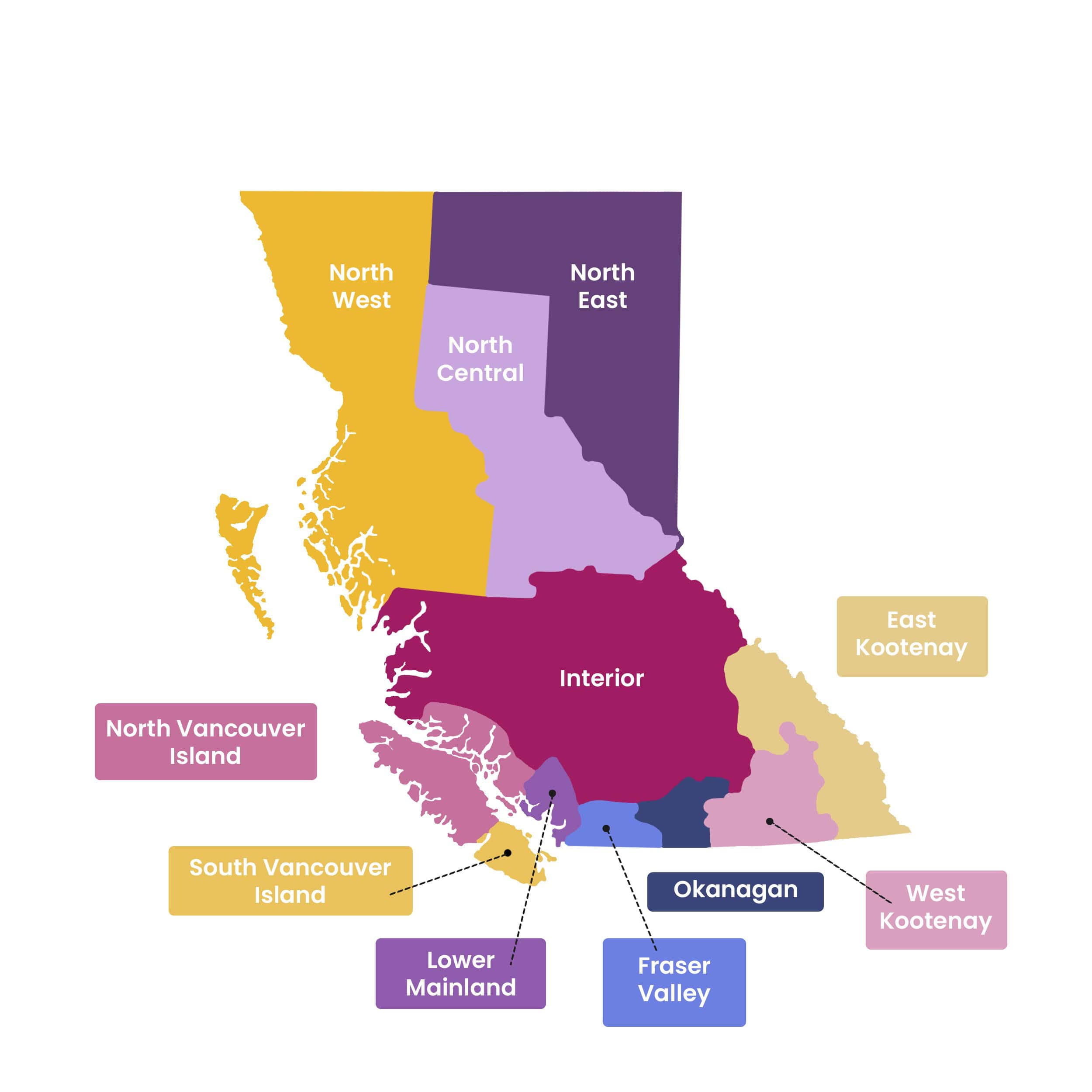Follow-up Treatment and Support Helps Survivors Heal
Proactive follow-up care is essential to address the potential negative long-term impacts of sexual assault.
A follow-up healthcare provider visit for STI and/or pregnancy testing, treatment, and checking-in on the survivor’s recovery within two weeks of the sexual assault is recommended (Leduc-Robert and Marsden, 2020; Buchanan, 2023).
In the weeks and months after the sexual assault, some survivors may develop physical and emotional symptoms, such as pain, a lack of appetite, or difficulty sleeping. They may also find it very difficult to resume their habits, lifestyles, and sexual relationships (Buchanan, 2023).
Access the links below for more information on survivor support services.
Suicide Risk
Survivors of sexual assault often face a heightened risk of experiencing suicidal thoughts or behaviours (Gilmore et al., 2020).
Click the link below for crisis support and suicide prevention resources.
Emotional Support and Counselling
Click the link below for more information.
Read More>> Substance Use Support
Click on the link below for substance use support resources.

